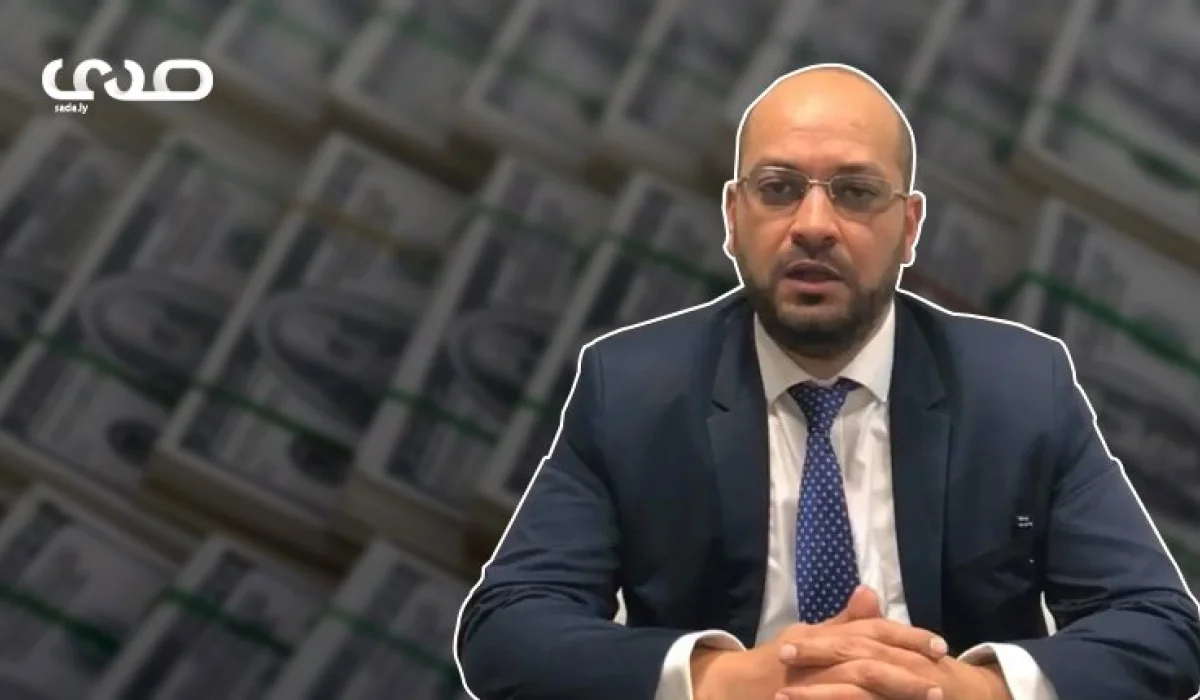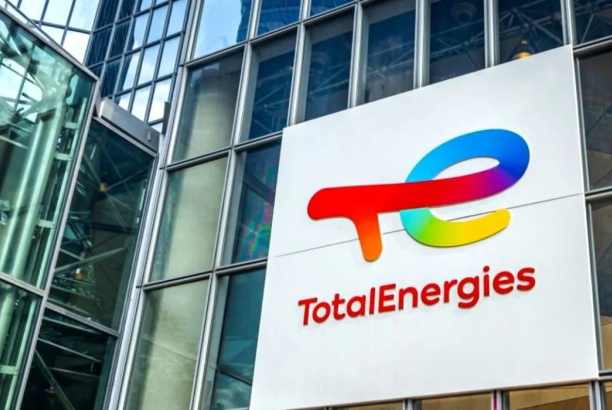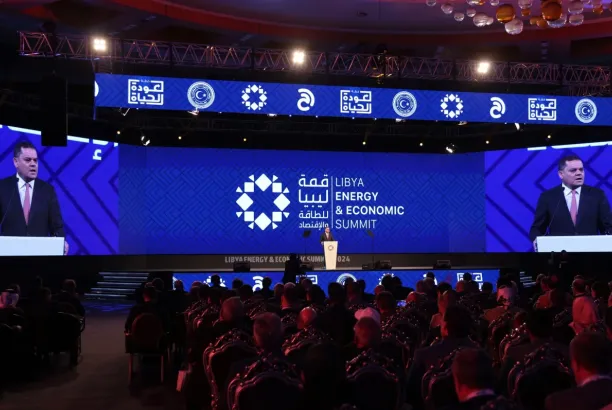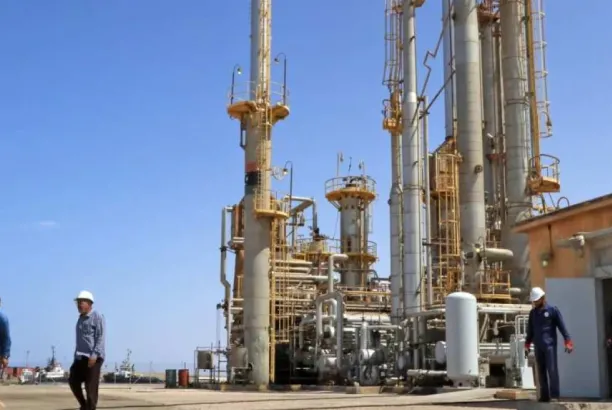
| Reports
He Owns a Luxury Apartment in Madrid and Denies Corruption… OCCRP Reveals Secrets of Alhammra Company
A report issued today, Tuesday, revealed that in 2021 Abdelhakim Baayo made headlines as the first person to officially register his name to run in Libya’s presidential elections. By that time, several government entities had accused him of mismanaging funds in a company affiliated with the Investment Corporation that he oversaw in Spain.
According to the Organised Crime and Corruption Reporting Project, Baayo was also a businessman during that period and served as the director of a Spanish company owned by a fund belonging to the Investment Corporation.
The organization said that Alhammra Company Spain S.L. was established in Spain in 2021 after the sanctions imposed during the uprising in Libya caused administrative difficulties for the previous company based in Gibraltar. The new company had a wide scope of operations, including activities such as purchasing cables and wires, and trading milk and tuna. By the time Bayou decided to run for president, many Libyan government bodies had accused him of embezzling funds from Al-Hamra, including using company money to pay the down payment on an apartment registered in his name, according to leaked documents obtained by the Organized Crime and Corruption Reporting Project (OCCRP).
The organization noted that although some allegations were publicly mentioned in an audit report and on social media, the evidence supporting them was not. OCCRP has now obtained internal documents— including invoices, emails, and payment notices— that confirm several major allegations.
The documents show that the director of Al-Hamra paid a down payment on an apartment in Madrid owned by Baayo, and company funds were also used to cover medical or educational expenses that fell outside the company’s authorized scope, according to internal company records reviewed by OCCRP.
Baayo did not face any legal charges in Libya regarding these allegations. Alhammra Company had filed similar claims in a complaint against Bayou in Spain in 2020, but the complaint was later withdrawn for unclear reasons. When contacted for comment, Bayou said in a response sent through a former colleague that the accusations were false.
Tarek Megerisi, a senior policy fellow at the European Council on Foreign Relations, said that the scale of fraud within the Investment Corporation’s subsidiaries had “peaked” since the fall of Gaddafi.
Megerisi explained that previously Gaddafi used corruption politically, and when he left, the system remained but without his role as its enforcer.
The Libyan Investment Corporation’s assets were estimated at more than 68 billion US dollars spread across a massive network of over 550 subsidiaries in Africa, Europe, Asia, and North America. The fund did not respond to requests for comment.
Allegations Against Baayo
Alhammra was established in 2015 as the successor to Alhammra Limited based in Gibraltar. By that time, the Libyan asset freeze orders had made it difficult for the Gibraltar company to carry out basic administrative tasks, according to company documents.
The new company, based in Spain, inherited its predecessor’s contracts— specifically those related to supplying materials like cables and wires to the state-owned Libyan energy company, as well as contracts for supplying food items such as tuna and cheese.
Accusations against Bayou began in late 2018 when Alhammra and the Libyan Foreign Investment Company (LAFICO), the Investment Corporation’s investment arm, sent auditors to review Alhammra’s documents and financial statements for the previous three years.
Later, LAFICO sent a letter to the Attorney General accusing Baayo of several actions that caused severe financial and moral damage to the company.
The organization noted that six officials on a committee formed by LAFICO recommended in a report that Baayo be referred to an investigation committee, although it is unclear whether this happened. Baayo denied the allegations at the time.
According to an internal LAFICO report based on a meeting with him— LAFICO did not respond to requests for comment.
The Libyan Audit Bureau’s 2020 annual report stated that Baayo “deliberately concealed documents revealing his violations and manipulations,” accusing him of hiding company computers, deleting emails, and concealing cash withdrawals from a company bank account.
In November 2020, Alhammra, then under new management, filed a complaint against Baayo in Spain— but the case was later dismissed after the plaintiffs withdrew the complaint, according to Madrid court records.
In communication with journalists, Baayo said Spanish courts had reviewed “four complaints” against him and dismissed them all due to insufficient evidence.
Purchasing an Apartment in Madrid
In the same annual report, the Libyan Audit Bureau noted other unexplained Alhammra payments, including company funds used to pay the down payment for an apartment in Madrid.
The audit report said that around €164,000 were transferred from Alhammra funds. Records included in leaked documents show that Alhammra sent this amount on 10 October 2018 to a real-estate development company in Madrid through Banco Santander.
The audit report stated that invoices from a Tunisian company named Trans Atlantic International Trade, or TETCO, were used to give the impression that the payments were a loan.
A memo from TETCO dated 12 December 2018— obtained by OCCRP— confirmed that the company received €164,000 from Al-Hamra in exchange for invoices for the months of October of that year.
A leaked email from January 2019 supports the audit report’s claim. In the email, the sender— identified as a member of Al-Hamra’s finance department— asked a recipient at a Spanish consultancy firm to “match” three TETCO invoices with the Santander bank payment due in October.
TETCO is a Tunisian company founded in December 2013 by two Libyan citizens, Essam Abu Zriba and Makki Milad Mohamed Ibrahim. The company was closed in 2017— one year before the invoices were issued— and its legally required annual financial reports do not appear in the Tunisian registry.
Bayou is still listed as the owner of the apartment, along with two nearby parking spaces, according to Spanish public records. The apartment, located in Madrid, is valued at more than €750,000.
In his response to OCCRP, Bayou said the company had obtained a legal loan and that multiple Libyan authorities had confirmed the legitimacy of the procedure. He described the allegation of using TETCO invoices to conceal the apartment purchase as “false and misleading,” adding that the complaint was dismissed. Abu Zriba, Ibrahim, and the Libyan Audit Bureau did not respond to requests for comment.
Suspicious Alhammra Expenses
According to the organization, between 2016 and 2017 Al-Hamra also spent more than €145,000 on travel, medical services, and education-related expenses, based on internal company records reviewed by the organization.
Baayo told the organization that LAFICO’s internal regulations allow the company to cover tuition fees for its employees’ children. He did not specifically address questions regarding travel or other expenses. These amounts included €9,745 used to cover medical expenses for an employee’s mother, according to the LAFICO report, which also cited multiple “tuition fee” payments for another employee’s children.
Alhammra also paid several rent installments between November 2017 and March 2018 on behalf of Ahmed Maiteeq— then Deputy Prime Minister of Libya— and a woman identified on social media as his wife. The payments, also for an apartment in Madrid, totaled €8,000, according to real-estate invoices and Al-Hamra’s bank records. The reason for these payments remains unclear, as they were not mentioned in Libyan official reports.
Baayo described these transactions as factually misleading and said he had been cleared of the allegations, without providing further clarification. Maiteeq did not respond to questions.
In another deal— which also did not appear in any official Libyan reports— Al-Hamra paid more than €250,000 in 2016 to purchase a factory whose bank account address matched the Tunisian address used by TETCO.
According to payment transfer records obtained by the organization, the funds were sent to a Tunisian bank account with two beneficiaries, including Makki— one of TETCO’s founders.
When journalists visited the site in 2023, they found no trace of the factory, nor any record of it in the Tunisian company registry.
Baayo said the factory project was canceled and the funds were redirected to purchase a truck, but provided no evidence.
Alhammra entered liquidation in Spain in 2022, although Baayo did not announce his resignation from the company until the following year in a Facebook post.
By that time, Baayo had already announced his presidential ambitions— but he never got the chance, as Libya’s elections have been repeatedly postponed and have yet to be held, according to the organization.





